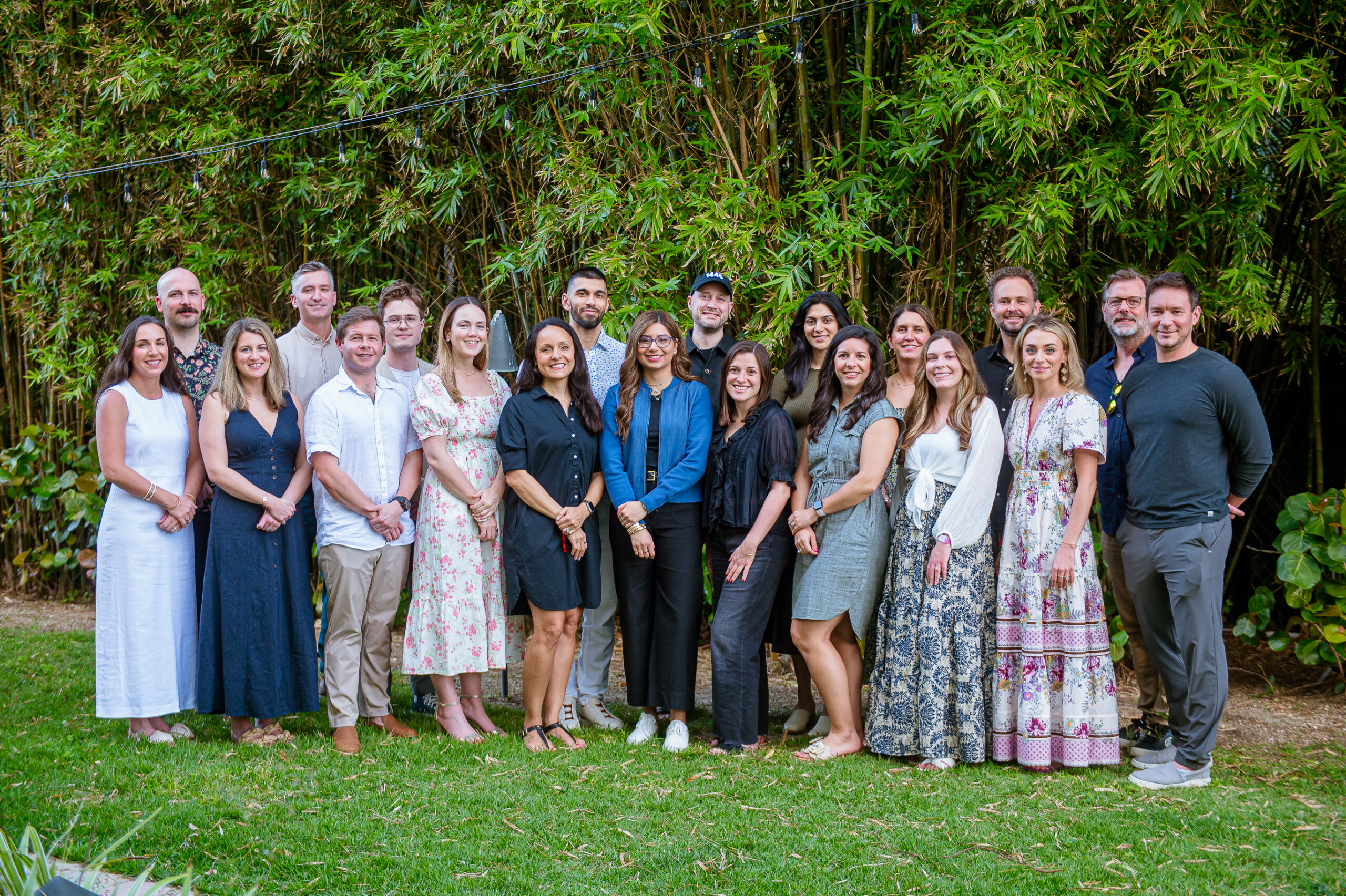
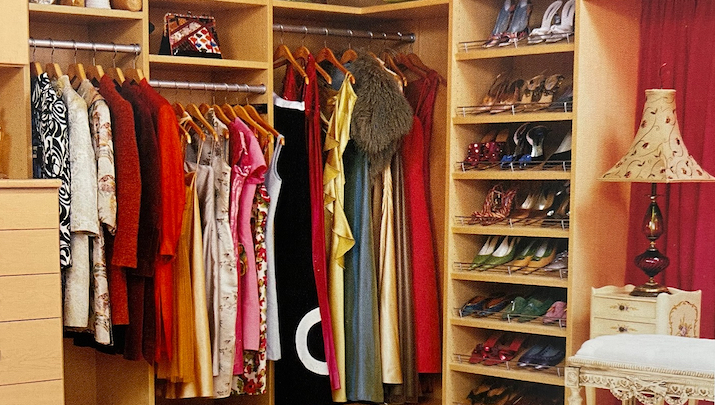
How We Built a $300 Million Franchise Business? Purpose, Relationships, Shared Values
- Anthony Vidergauz
- President of Paradise Group Inc. and a Tugboat Institute Chairman.
From 1987 to 2009, I had the honor of serving in leadership roles for California Closets, a company that sold, designed, and installed custom closet and storage solutions. Hired initially as General Counsel, I became the majority owner in 1994 and served as CEO from that point to 2009. Over those 22 years, together with my team, the company grew to $300 million in annual revenue.
In my tenure, the company, which was initially privately held, was sold twice. The second time was in 1999 when my partner and I sold our majority stake to a public company, and I remained on for another 10 years as CEO and a minority owner. Because of those transactions, we would not have met the Private criteria to be considered an Evergreen® company today, had the term been coined at that point. That said, from what I now know of Tugboat Institute®, I firmly believe that our success was the result of my aligning naturally with the Evergreen 7Ps® principles, which set us apart from other franchise businesses.
Given my experience, I believe a franchise business can offer a unique opportunity for Evergreen entrepreneurs committed to leading a purpose-driven, People First companies and—given the capital efficiency of franchise businesses—to staying private forever. Here are a few key learnings that offer insight into my experience.
Focusing on Relationships Is the First Step
I joined California Closets in 1987 as General Counsel and became CEO in 1994. In my new role as CEO, I knew that my first priority needed to be developing positive, productive relationships with our franchisees. At the time, the franchise system was very frustrated with the corporate office, and many franchisees, as well as the franchisor, were losing money. We needed to build connection around common values; only then could we create and promote a strong brand.
In my view, I could only do this one way: be true to who I was as an individual. I was not comfortable putting on a different hat when I came to work or strong-arming franchisees—all independently owned and operated businesses—into alignment. My People First approach was simple: to treat franchisees with dignity and respect.
I had no desire to threaten or throw franchise agreement clauses around. I wanted to instill the feeling of a large family-run operation, which, in effect, we were at the time because both the franchisor and the franchisees were family owned. In a healthy family, members are encouraged to speak their truth, to respect one another, and to work together. My goal was to establish that same healthy dynamic. I wanted to normalize the idea that instead of thinking and behaving as siloed franchisor and franchisees, we would think and work as a partnership.
While we had different roles and responsibilities, we represented the same brand and had a common purpose. I was intent on creating a relationship-bound franchise system because I knew it was important for the brand that we support one another—our strength was in our unity and in sharing great ideas.
A Shared Purpose and Core Values
For any franchise business, consistency is key—in product, service, and values. Creating unity around a common purpose and core values among our team and our franchise owners made that critical consistency easier to achieve and maintain.
We invested a lot of time and energy in operationalizing our core values internally and with our franchisees. We engaged in values-based hiring to help ensure that every employee lived our values in their interactions with franchisees, customers, fellow employees, and suppliers, which brought a uniformity of principles and beliefs. This alignment was reflected in the conduct and behavior of the entire organization.
As we continued to grow—to about 100 franchisees and about 1,000 total employees in my time—nothing made me happier than to visit franchisees, which I did regularly, and see our California Closets core values set the agenda for weekly or monthly meetings. Often, employees would stand up and share how a specific value had guided a conversation with a customer or had helped resolve an issue. The core values became very much part of the company’s DNA and the DNA of our franchisees and their employees. I believe that this was a significant differentiator for our company.
A Strong Brand
Prioritizing relationships and operationalizing core values across our franchisees was a key element of creating a really strong, unified brand.
Developing a clear brand is extremely challenging when you are operating a franchise system with independently owned and operated franchisees. We knew that in order to differentiate our company as more competitors entered the custom closet space, it was critical to offer something unique, yet consistent, to our customers.
Ultimately, our marketing team created a brand story that appealed to our primarily female consumer by moving marketing messages away from the focus on hammer and nails—the quality construction of the products themselves—to the beauty, style, and comfort our solutions provided. We developed a luxury, customized brand promise that set us apart: we were not only helping you organize your clothing, we were doing so in a manner and style that you would be proud to show visitors to your home and would reflect your lifestyle. Thanks to the work we had done around value-aligned hiring, customers could also expect that interactions with any representative from our company would reflect the brand.
Having developed the brand concept, we pulled together national marketing efforts, centralizing the effort and creating consistency across locations. Up to this point each franchisee was advertising independently, and the brand messaging was all over the place. Having developed strong relationships and unity among franchisees, we were able to centralize marketing and make it superior to that of the competition. We were also able to consistently deliver on our brand promises through the entire customer experience.
Ultimately, being very clear about what the brand stood for, both on the marketing side and on the delivery side, was hugely important, and the effort was supported by values that were embraced by not only all the franchisees, but all their employees as well.
Capital Efficiency of Franchisor Business Model
Aligning around core values and building a strong brand were essential in our role as a good franchisor to ensure we could offer real value to our franchisees for the fee and royalty we would expect them to pay. As a franchisor, a primary source of our revenue was derived from the royalty income we received from franchise sales in nearly 100 franchise run markets.
People often ask me why we went into franchising rather than expand by opening company-owned stores. Simply put, the franchise model helped us launch the company at a time when, as a privately held start-up, we were strapped for cash. By selling franchises, we were able to leverage the capital of the franchisee in opening in new markets rather than funding these markets ourselves or through outside investment. By leveraging the franchise system’s capital, we grew the business in almost every state in the country and in six other countries. We became the largest and most recognizable closet company in the country and could never have done this without the benefit of franchising.
For many years the parent company was family owned and was responsible for the products, program marketing, branding, and training of a collection of Evergreen family owned franchisees. It was only during the brief period when we were owned by Williams Sonoma in the early nineties and years later when I sold a majority stake to another public company, that the parent franchisor was not Evergreen itself due to outside ownership. With the support of the franchisor, our franchisees were independently owned family companies who were committed to building businesses that would support their families and have an enduring presence in their communities, motivated by entrepreneurial spirit. They created opportunities for employment and, in many cases, passed the business on to a second generation.
I am grateful for the years and experiences of leading California Closets. I am still in close touch with many of our franchisees and my corporate colleagues, and I am most proud of the relationships and values that drove the success of the company.
Anthony Vidergauz is President of Paradise Group Inc. and a Tugboat Institute Chairman.
More Articles and Videos
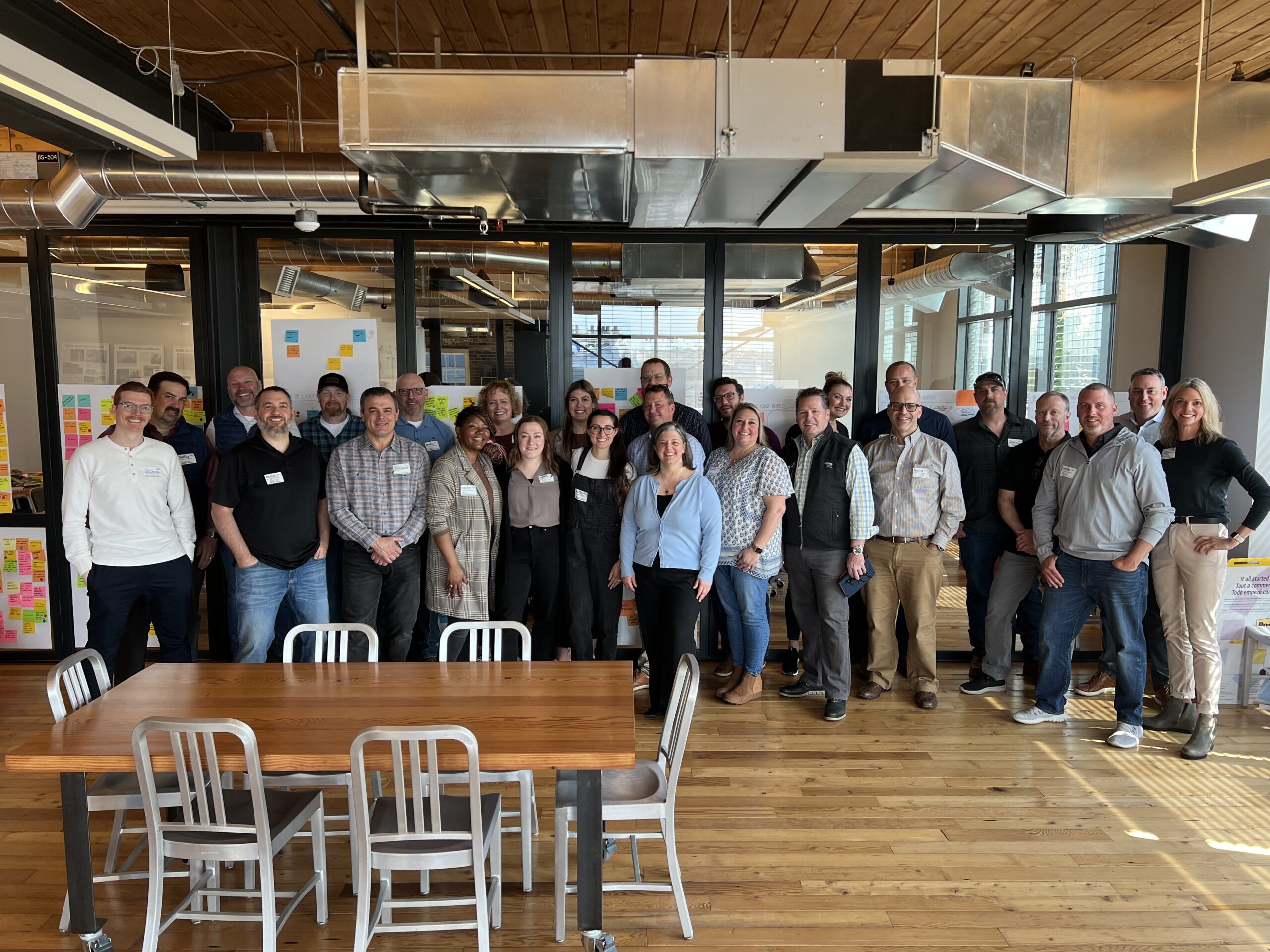
Creating an Employee Value Proposition Straight from the Source
- Bart Ricketts
- Lease Crutcher Lewis
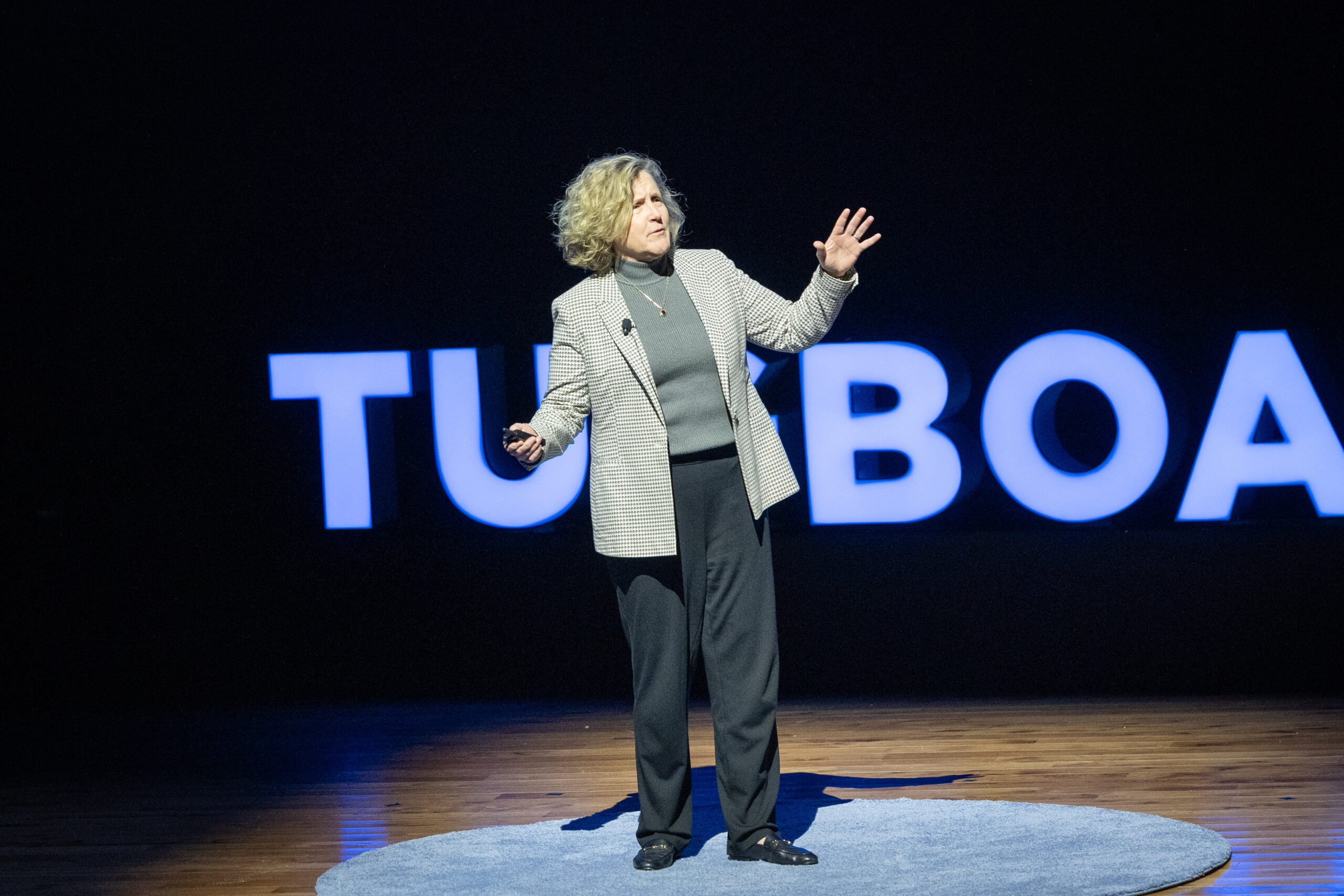
Both/And Thinking: Harnessing the Positive Potential of Tensions
- Marianne Lewis
- Carl L. Linder College of Business, University of Cincinnati
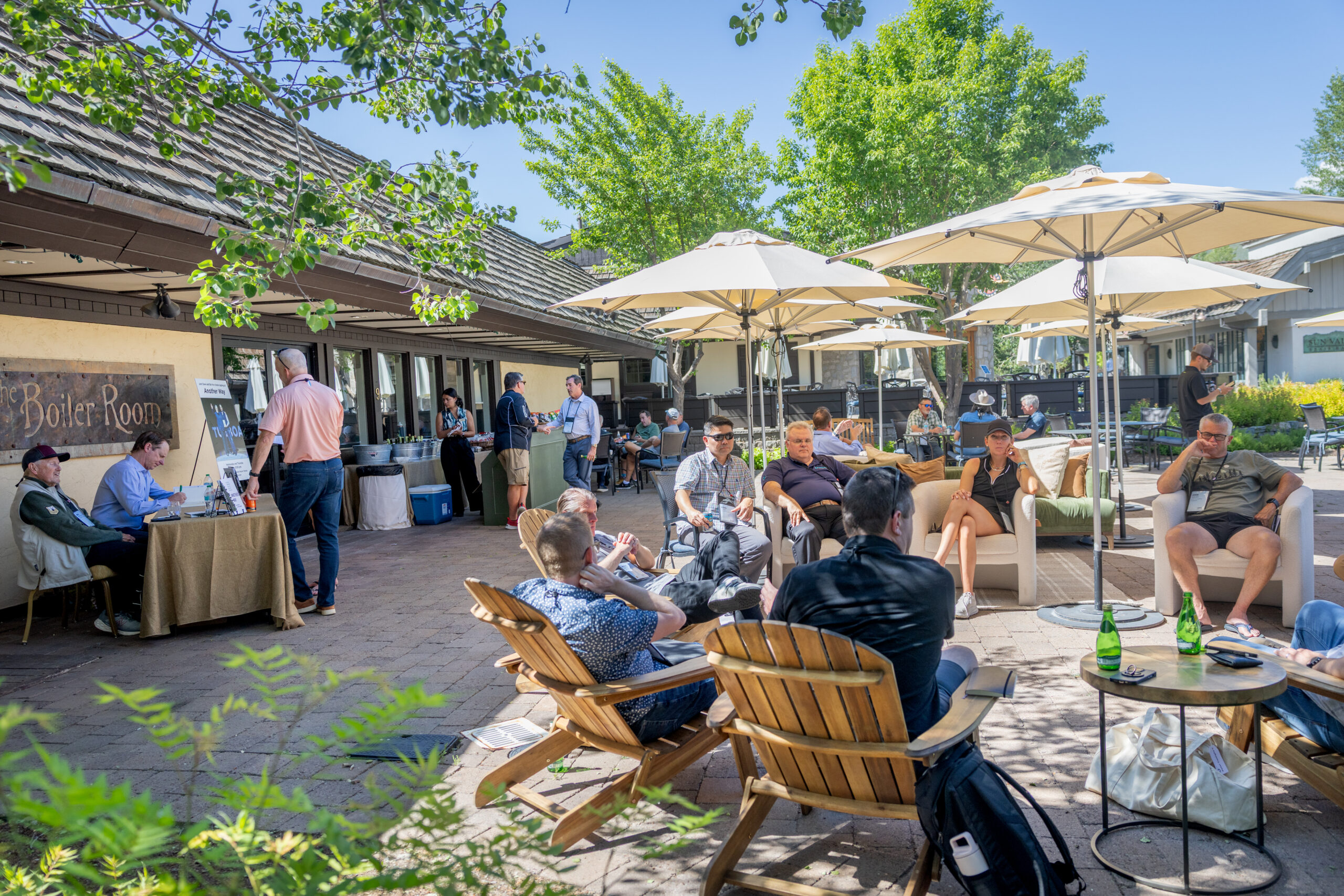
Leading Through Uncertainty – Tugboat Institute® Summit 2025
- Jackie Hawkins
- Tugboat Institute

Get Evergreen insight and wisdom delivered to your inbox every week
By signing up, you understand and agree that we will store, process and manage your personal information according to our Privacy Policy
